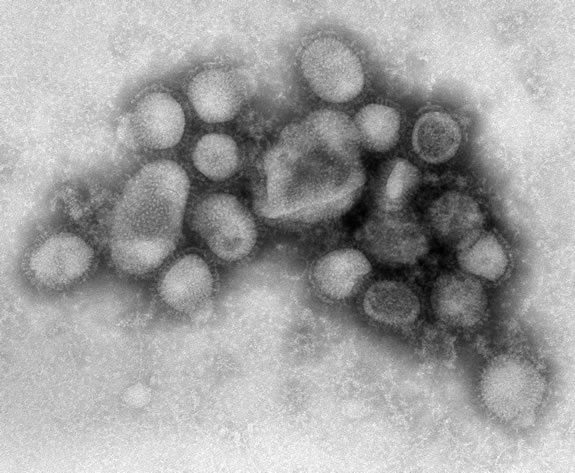By: Kelly Jones
The Santa Barbara County Public Health Department (SBCPHD) received 11,000 doses of the H1N1 vaccine in the past week; however, very little of it will go to UCSB, contrary to prior rumors that the vaccine would be available to students this month.
“At this time, UCSB only has enough of the vaccine to immunize some high risk patients and health care workers,” said Dr. Elizabeth Downing of UCSB Student Health Services. “There are 15,000 doses on order, but no one knows when it will come in.”
Meanwhile, the SBCPHD has been developing a plan for distributing the vaccine through local health care providers. According to a recent SBCPHD press release, the number of H1N1 related hospitalizations of SB County residents has reached 37 since mid-June, with three deaths on record. Right now the priority patients are pregnant women, health care personnel who have direct contact with patients, people with children younger than six months, and children between the ages of six months to four years of age.
People under the age of 24 are at higher risk of contracting the 2009 H1N1 influenza–also known as swine flu–according to the Center for Disease Control (CDC), and statistics provided by Student Health Services estimate that 5 to 10 percent of the UCSB student body have been affected by H1N1. However, most students do not fall into the top category of risk, and Dr. Downing estimates that there are approximately 4,000 pregnant women living in SB County who must receive the vaccine first.
“It’s obviously important to give it to people in the community who need it most,” said Lisa Shapiro, a fourth year UCSB student. “It’s a little frustrating that we don’t know when we’re getting [the vaccine] because we’re in such close quarters and catch things easily, but I think we’ll be fine.”
The vaccine, as soon as it is available to students, will be available as a shot or as a nasal spray. While most of the impending order is for the flu shot, there will be approximately 40 doses of the nasal spray form available. The shot uses an inactive form of the virus and will not cause the flu. Protective antibodies should develop within two weeks after vaccination.
Parents of UCSB students have expressed their concerns regarding the spread of illness as well. “From what I can tell by my daughter and her friends, college students don’t seek medical care soon enough,” said Christine DeGruttola, a UCSB parent. “It puts them at greater risk of getting sick.”
With uncertainty over when the vaccine will become available on campus, students and parents express their frustration and also their concerns about the effectiveness of the vaccine. “I feel like vaccines are a good thing, but it is so new I’m concerned about its effectiveness,” said Skyler Sugimoto, a third year UCSB student.
Students are not the only ones questioning the vaccine. “With any new vaccine, you’re always concerned with whether it’s been tested well enough,” DeGruttola said. “It seems they’re trying to manufacture them as quickly as possible, but you want to make sure there aren’t problems with it.”
UCSB Student Health Services currently offers the seasonal flu vaccination; however, it will not protect against H1N1 influenza, according to the CDC. Student Health Services recommends receiving the H1N1 vaccination as soon as it is made available, and to take preventative measures such as hand washing and staying home when sick.
“I’m not worried about getting the vaccine anytime soon,” Shapiro said. “I’ll survive.”












Comments are closed.